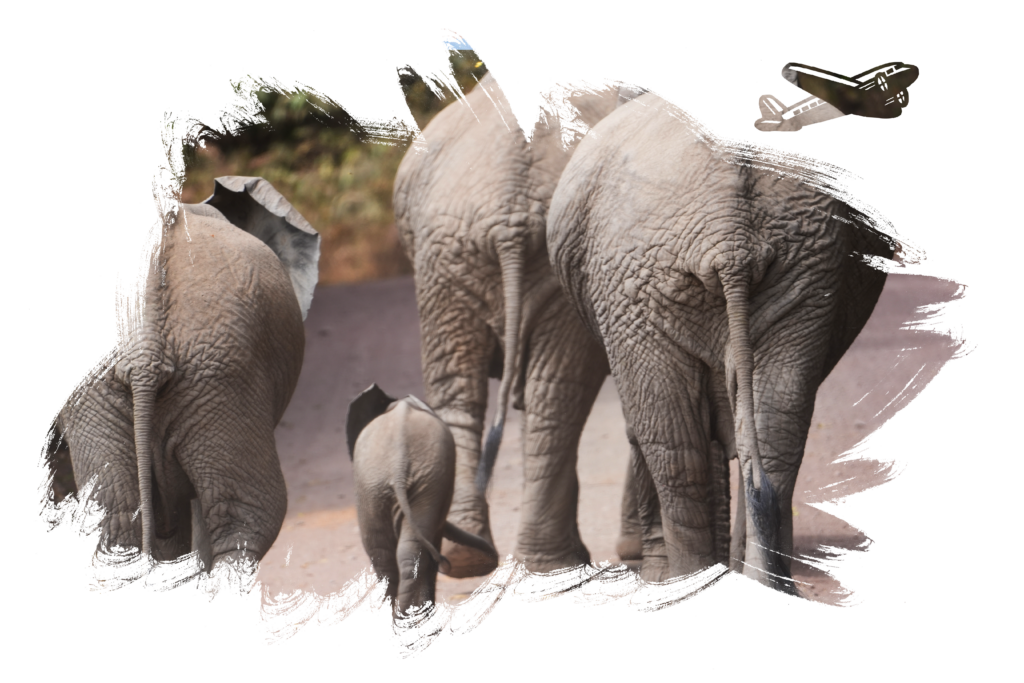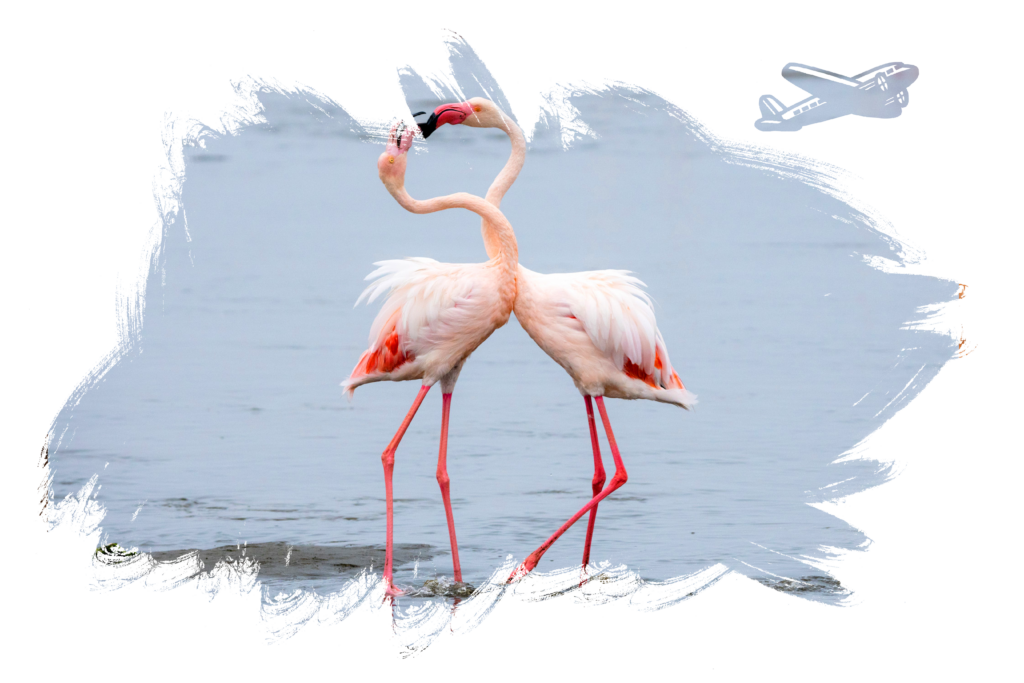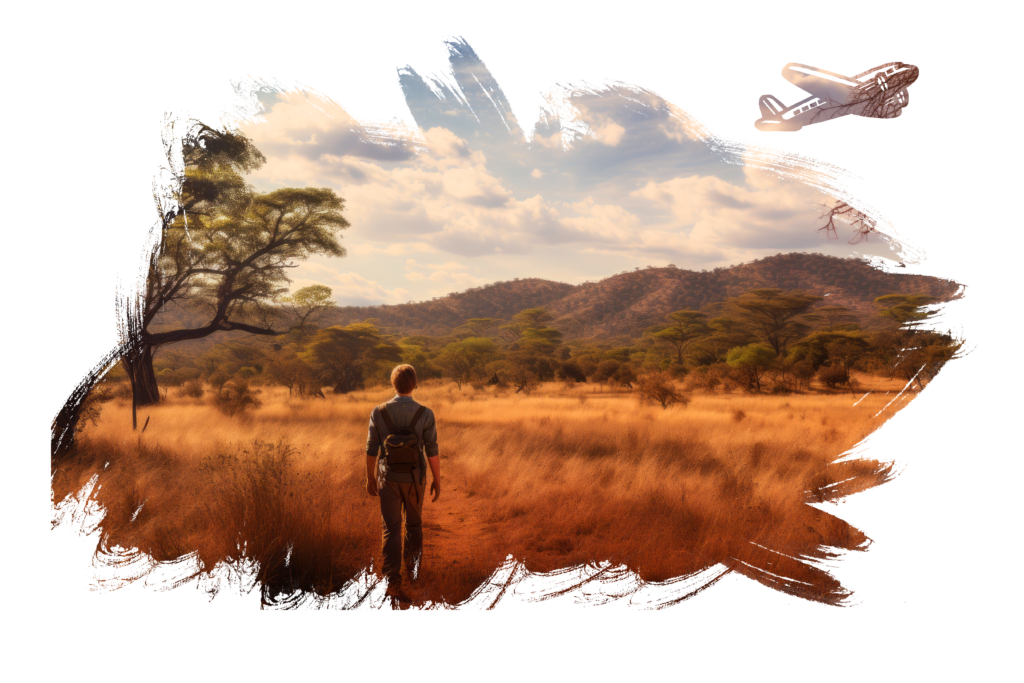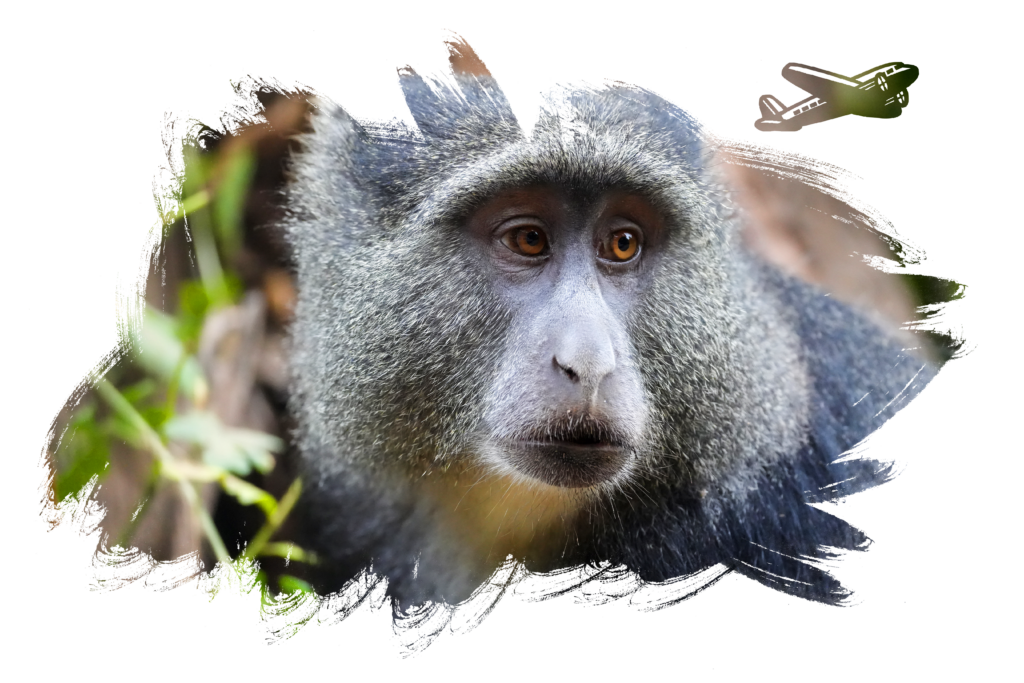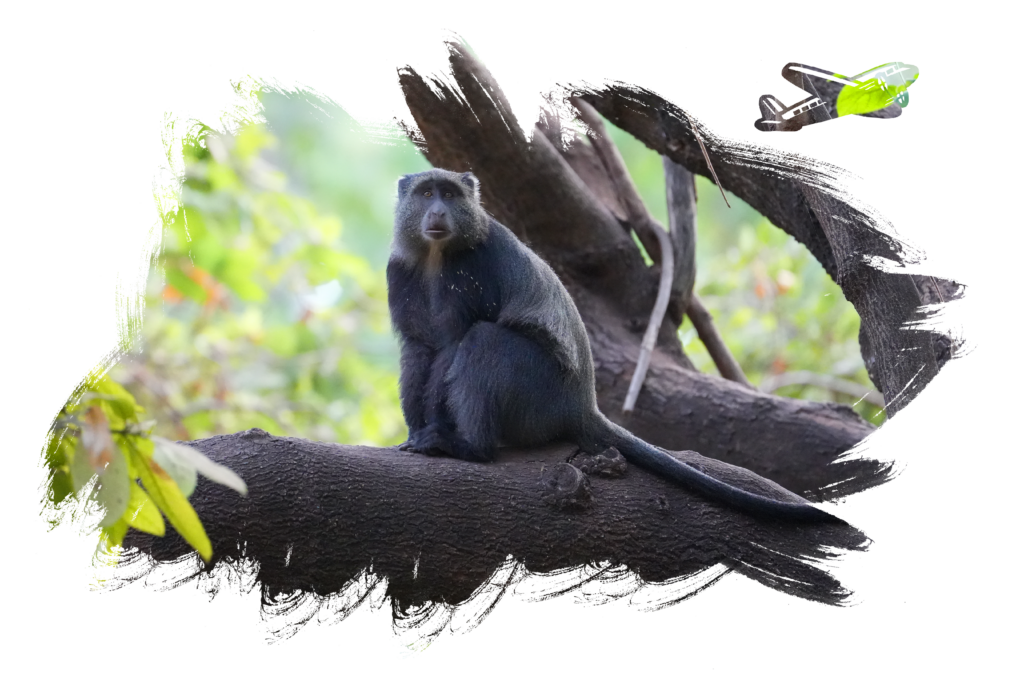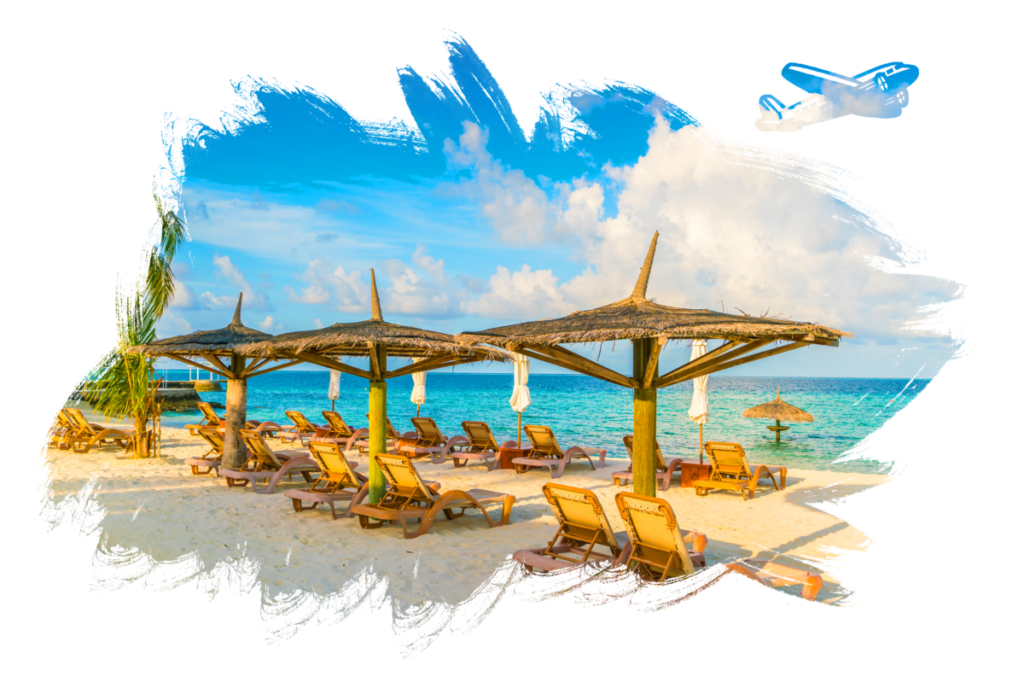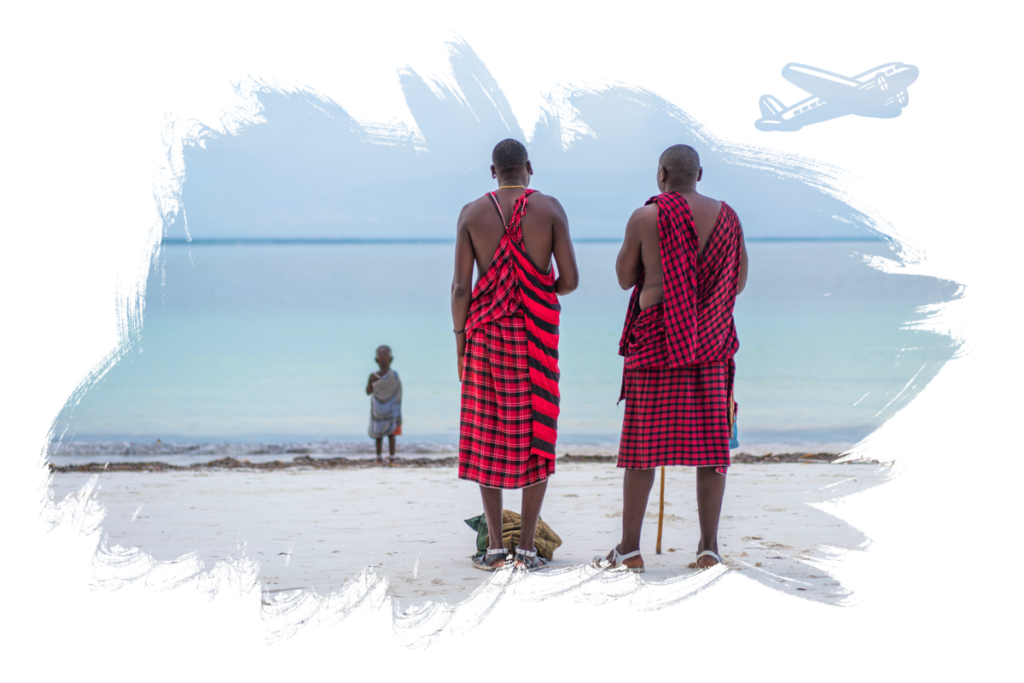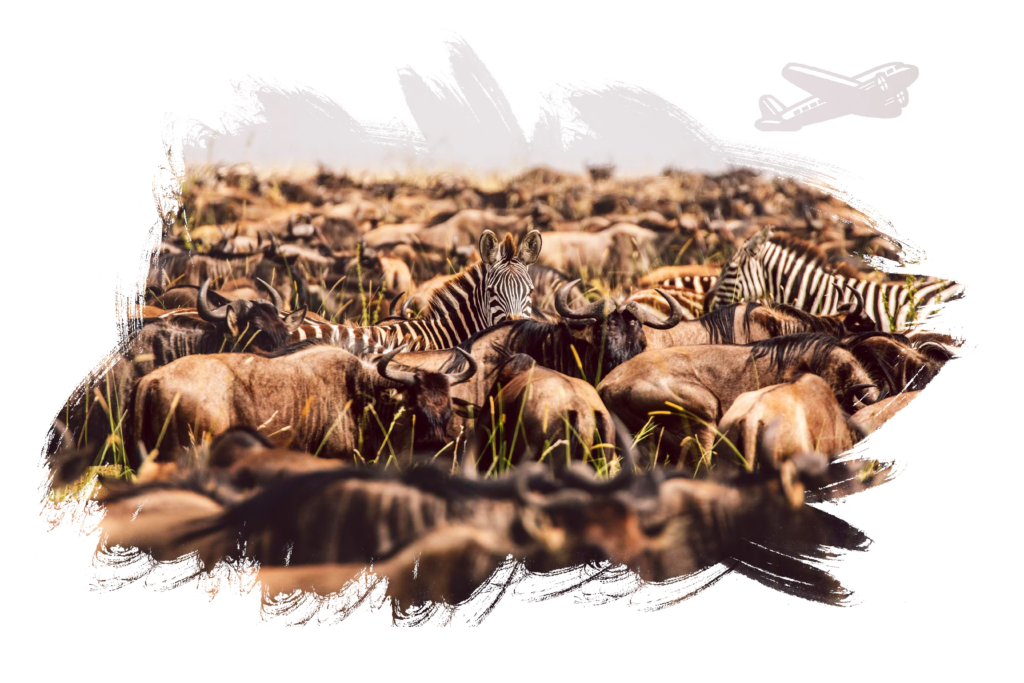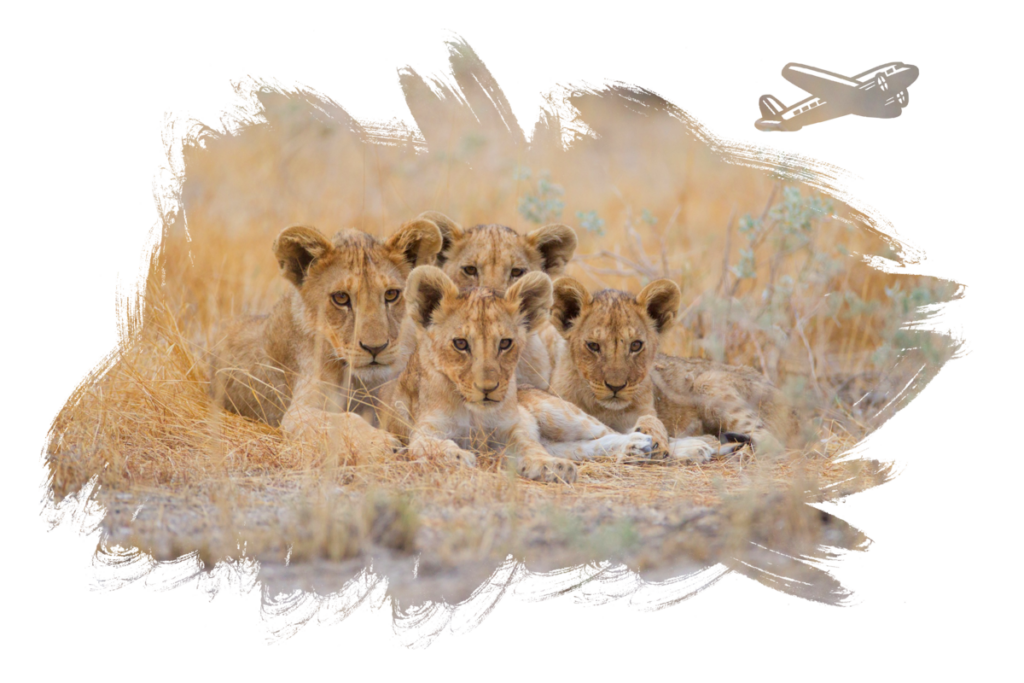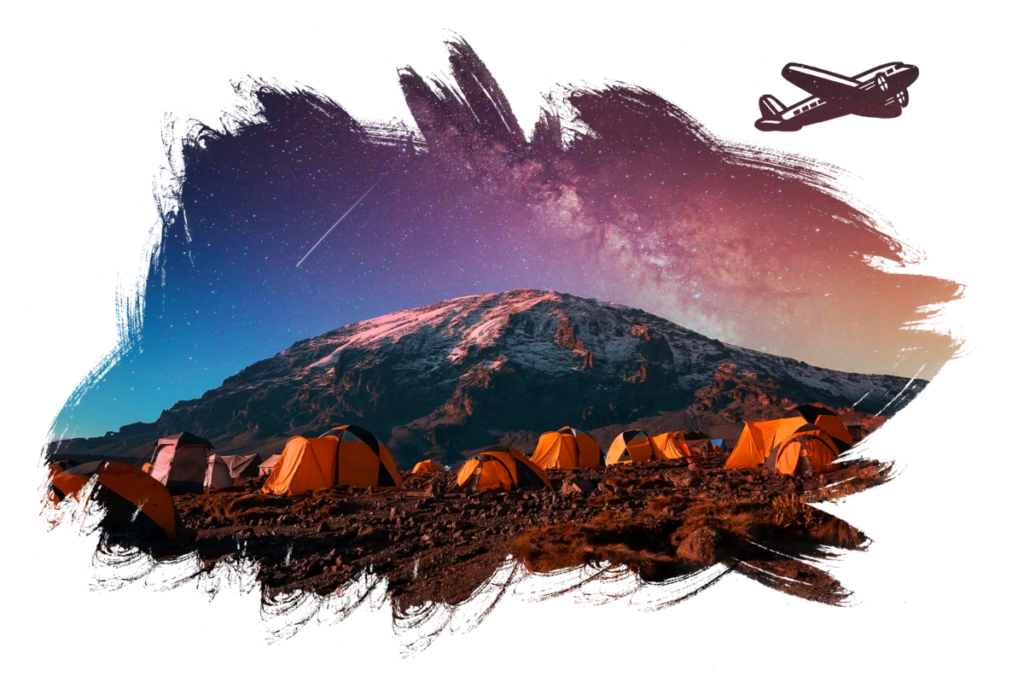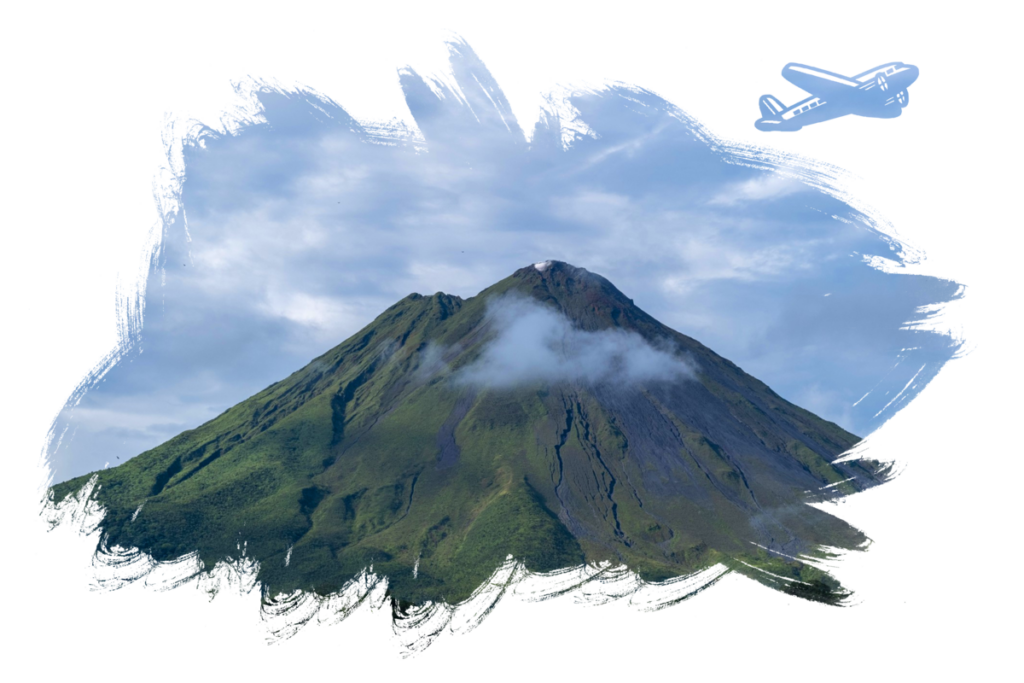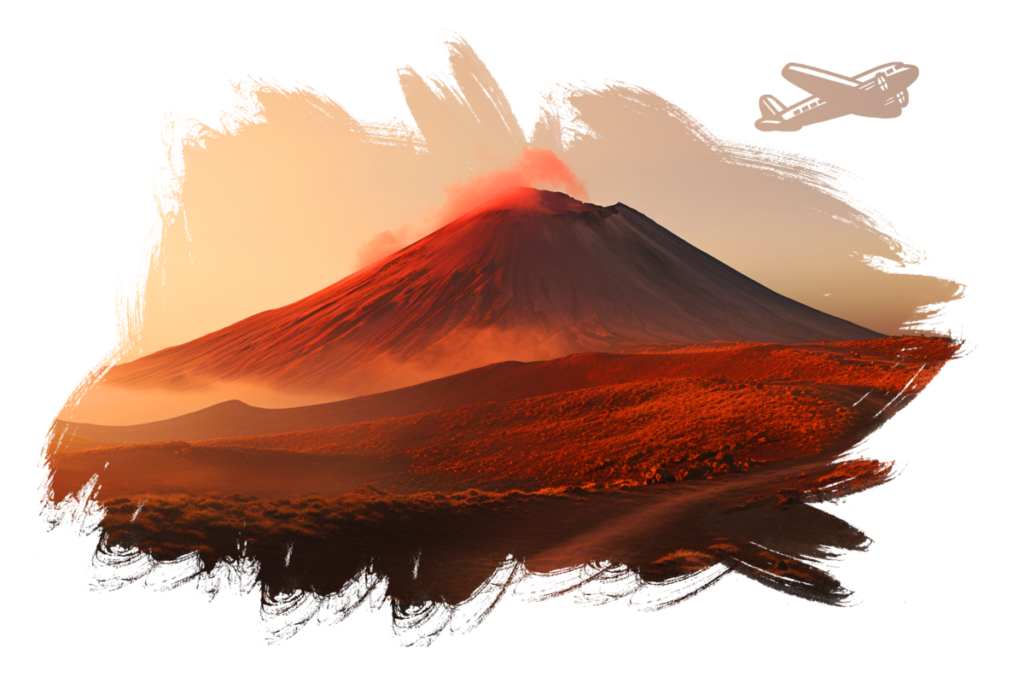Climbing Mount Menu
Climbing Mount Menu
journey to the majestic Mount Meru, a hidden gem nestled in the heart of Arusha National Park. As you leave behind the hustle and bustle of everyday life, prepare to immerse yourself in the serene beauty of nature, surrounded by lush greenery, exotic wildlife, and breathtaking vistas.
With its towering peaks reaching over 14,900 feet ( 4566 m), Mount Meru offers a unique and challenging trek for adventurers seeking a quieter alternative to Mount Kilimanjaro. But don’t be fooled by its lesser-known status – Mount Meru has its charm and allure that captivates even the most seasoned explorers.
As you ascend through various climate zones, you’ll encounter a diverse range of flora and fauna, including colobus monkeys, giraffes, and elephants. Along the way, you’ll be rewarded with panoramic views of the rugged landscapes and the dazzling sunrise over the distant horizon.
Whether you’re an avid hiker or simply craving a soul-stirring escape, a trek up Mount Meru is an unforgettable experience that will leave you in awe of the natural wonders that Tanzania has to offer. So lace up your boots, grab your backpack, and prepare to embark on an epic adventure into the tranquility of Mount Meru.
Days Options To Climb Mount Meru

Amani Mahewa
Online
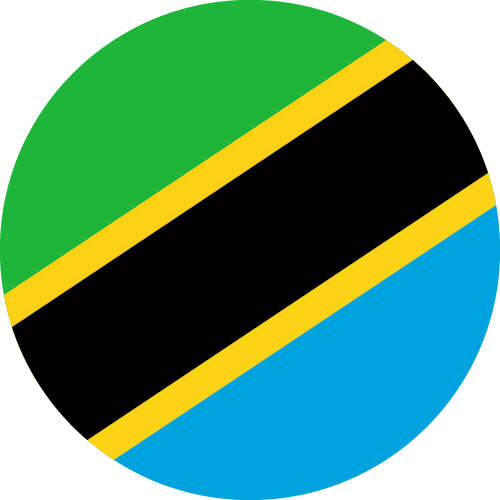
LOCATED IN TANZANIA
Want to plan a memorable Tanzanian adventure?
Essential gear and equipment for the climb
Clothing
Layering is key when it comes to dressing for the mountain. Start with a moisture-wicking base layer, followed by an insulating layer and a waterproof outer shell. Don’t forget to pack warm hats, gloves, and socks to protect yourself from the cold.
Footwear
Sleeping gear
Backpack
Other essentials
Accommodation options and logistics on the mountain
Acclimatization
Proper acclimatization is essential when trekking at high altitudes to prevent altitude sickness. It’s advisable to spend a few days in Arusha or nearby areas before starting the trek to allow your body to adjust to the altitude. During the trek, take your time, listen to your body, and be mindful of any symptoms of altitude sickness, such as headaches, dizziness, or shortness of breath. If necessary, descend to a lower altitude to alleviate symptoms.

